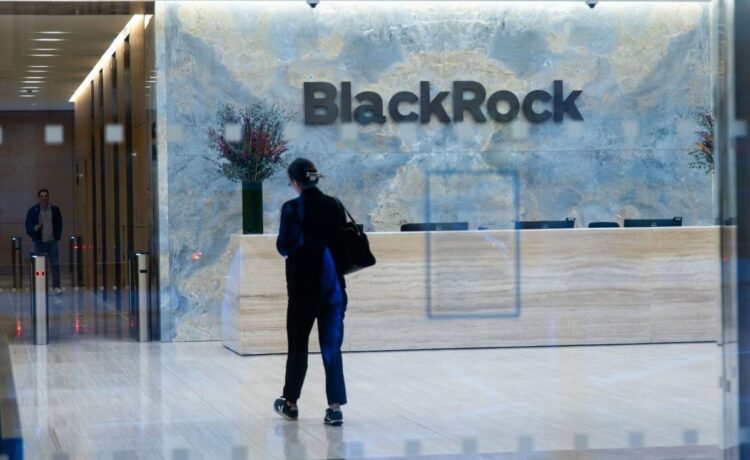(Bloomberg) — BlackRock Inc. stuck agreements with Boaz Weinstein’s Saba Capital Management that will end the activist-hedge fund’s battle with BlackRock over dozens of closed-end funds whose share prices had tumbled deeply below the value of their underlying assets.
Most Read from Bloomberg
As part of the deal, BlackRock agreed to repurchase a big chunk of the shares in two of its largest closed-end funds at a price close to their net asset values — 50% of outstanding shares in the $1.8 billion Innovation and Growth Term Trust (ticker BIGZ) and 40% of the $1.7 billion Health Sciences Term Trust (ticker BMEZ). Saba also entered so-called standstill agreements with 48 other BlackRock funds, according to regulatory filings.
BIGZ and BMEZ, which had both had traded at deep discounts in the past, jumped more than 6% on the Tuesday proposals. The two tender offers, at a price of 99.5% of of their net asset values could potentially deliver more than $1.5 billion to shareholders, based on calculation by Bloomberg.
Weinstein wrote in a post on X that the changes were made after “constructive discussions with BlackRock” and that “by committing to shareholder-friendly initiatives, liquidity events and governance enhancements, value can be unlocked for all investors.”
Saba has spent years and billions of dollars buying up closed-end funds run by BlackRock and other big asset managers after their share prices dipped sharply below the value of the assets they hold, a trading anomaly that Saba said was harming investors. It mounted proxy fights and court battles in a bid to pressure the firms to take steps to erase that gap, including through tender offers to buy back the stock.
Last year, Boaz ran proxy fights at 10 BlackRock funds with mixed outcomes. It also sued BlackRock’s ESG Capital Allocation Term Trust (ticker ECAT) over its voting bylaws, which is still subject to litigation in a federal court.
Weinstein’s fights center around funds that buy income-producing assets, like junk bonds, municipal debt or dividend-paying stocks, that were hit hard when the Federal Reserve was raising interest rates and investors were looking to bail out. With their performances trailing market benchmarks, the discounted trading prices saddled investors with losses if they sold.














